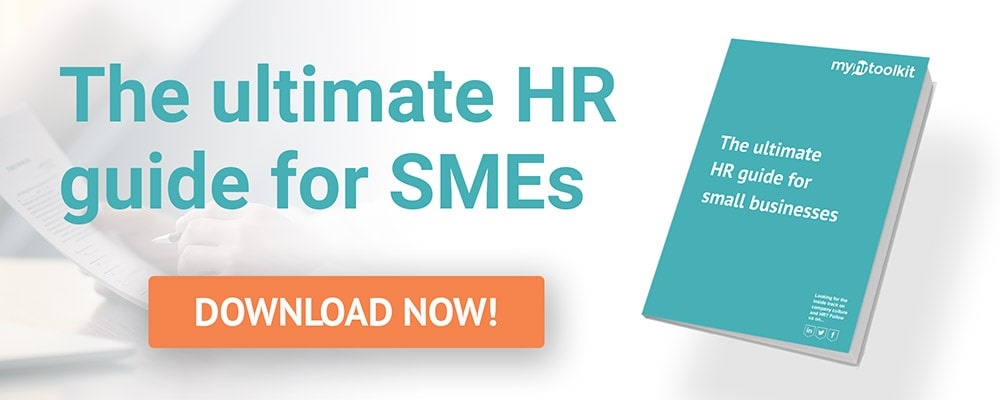Gemma Dale, an experienced HR Director, Chartered Fellow of the CIPD, and regular speaker and writer on a variety of HR topics, outlines how to work towards getting the most effective HR policies and procedures in place for your small business.
When HR policies go wrong

People often refer to HR as ‘the policy police’. It's not a very nice reputation to have!
Policies are often criticised by managers, employees and HR themselves alike. Sometimes those criticisms are justified; in many organisations, policies are a problem. They often fall into the traps of being too long, too formal, and attempting to address every possible eventuality. They often include legal language, or can be dictatorial. Some focus far too much on telling people what to do or not to do, rather than guiding and encouraging.
Policies are criticised for other reasons too. Sometimes, policies are used as an excuse for an approach or to avoid responsibility – they are a document to hide behind. Sometimes they are seen as an easy answer to a problem. Someone turning up to work in inappropriate clothing? Surely a policy can solve that!
However, it really doesn’t have to be this way – and the importance and potential of employment policies should not be underestimated.
The right approach to HR policies and procedures

Employment policies are more than just the sum of their parts. They are more than just a document that someone signs (but rarely reads) when they start in your organisation. Also, they are more than documents that sit on your intranet. They may be your first impression and a window into your culture; they are how you talk to the people that work for you. Ultimately, they are also very much part of how people view HR.
When we write them carefully and thoughtfully, employment policies can be empowering. They can help to set the tone of the organisation rather than simply reflect it. They can provide a framework for good decision making– and contribute to employee engagement.
Contrary to typical practice, policies don’t need to be long. They don’t need to be too formal - and they don’t need to have all the answers.
The steps to HR policy success
When it comes to people policy, here are seven key steps to success:
- Keep them short and to the point. When it comes to people policy, less is definitely more!
- Think about the language you use – straightforward, plain English is just fine (and in fact is much better). Remember that your employees are adults.
- When you sit down to write a policy, stop and consider whether you even need one at all – many companies have far too many separate policies.
- Never lose sight of how policies make people feel. This is after all, a key part of employee engagement, and polices have an important role to play.
- Make them relevant to your organisation – think about what you need at your organisation for your specific context. You can always find a policy template or free example online, but when it comes to people policy, one size does not fit all.
- Build in informality wherever you can. Most of the time, a good conversation will always be better than a good policy. Writing a policy never solved a problem. Talking to people usually wins every time.
- Remember that the policy is just the beginning. Putting it out there and telling people to read it, simply isn’t good enough. Provide guidance, advice and support to those people that need to implement it.
If you follow these steps when it comes to your people policies, you won’t go too far wrong. Remember, it’s not what you say, it’s the way that you say it!
This article was brought to you by myhrtoolkit, an HR software system designed to help you make your staff compliant with your policy and procedures by providing modules for document management.
Keep your policies and HR documentation up to date and accessible to the staff who need them with a secure document management system.
 Read more from our blog
Read more from our blog
Keep your policies and HR documentation up to date and accessible to the staff who need them with a secure document management system.
Negotiating terms and conditions of employment with employees

Written by Gemma Dale
Gemma Dale is an experienced senior HR professional, CIPD Chartered Fellow, HEA Fellow, and a regular speaker and writer on a variety of HR topics. Gemma is the co-author of the book 'Flexible Working' published by Kogan Page in 2020. She is also a lecturer in the Business School at Liverpool John Moores University and runs her own business, The Work Consultancy.


 Holiday Planner
Holiday Planner Absence Management
Absence Management Performance Management
Performance Management Staff Management
Staff Management Document Management
Document Management Reporting
Reporting Health and Safety Management
Health and Safety Management Task Management
Task Management Security Centre
Security Centre Self Service
Self Service Mobile
Mobile




